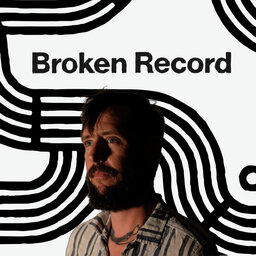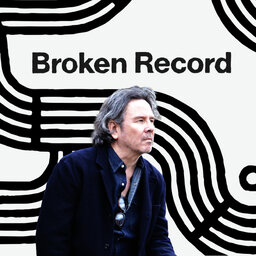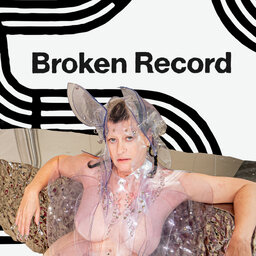Jack White and Brendan Benson of the Raconteurs play through some songs off their new record, "Help Me Stranger" and talk with Malcolm Gladwell from Jack's Detroit home. Rick Rubin joins by phone. Jack talks through his theory that references to modern technology don't work in modern Rock and Roll, what they've picked up as a band by living in Nashville, how perfect performances can sometimes be unconvincing, the songwriting process on the new record & more!
Learn more about your ad-choices at https://www.iheartpodcastnetwork.com
 Broken Record with Rick Rubin, Malcolm Gladwell, Bruce Headlam and Justin Richmond
Broken Record with Rick Rubin, Malcolm Gladwell, Bruce Headlam and Justin Richmond


